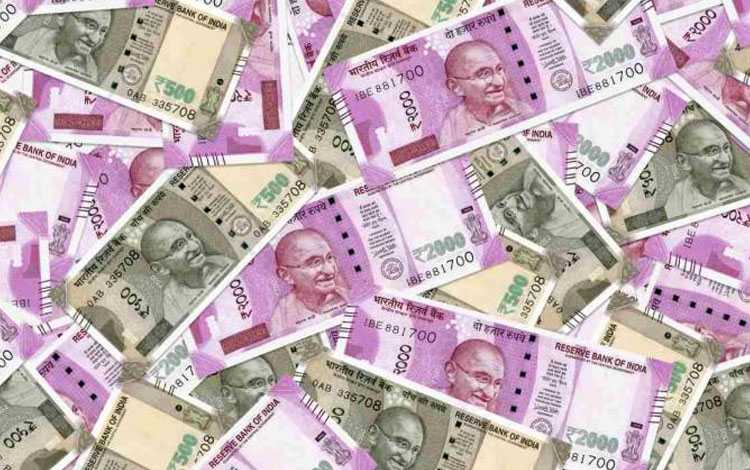A South African fintech company -Mama Money – has claimed that it would bring down the cost of remittances to give relief to thousands of African migrants within the continent, who are forced to part with higher fees while transferring money within the continent. The fintech company says that it will bring down the cost of transfer to less than 5 per cent as against close to 10% charged by the money transfer companies, boring big holes in the pocket of migrants, who wish to transfer money to their beloved people back home for their livelihood. The startup says it is Africa’s first cashless money transfer agency that allows Africans living in South Africa to send money for a low fee of 5 percent as against an average of just below 10% now.
It is widely reported that legal money transactions within African continent is costly. A recent World Bank study also corroborated that fact and said that it was posing great challenge to the Africans, particularly those who are working outside their own country. The high fees charged by money transfer companies are mostly to meet the administrative cost involved in checking money laundering and for terrorist activities. People, who are sending legitimate money, are the worst sufferers in the process by absorbing the huge fee, thereby reducing the quantum of funds to be remitted to their families, who lead hands to mouth existence. World Bank estimates say US $40 billion was sent to Sub-Saharan Africa alone annually, which would have entailed an administrative fee of US$ 4 billion. That way, the study says that remittances to Africa are the most expensive in the world, entailing a cost less than 10% per transaction. South Asia is the least expensive place at 5.2 percent. Mama Money claims that it would reduce the fee to less than 5% per transaction.
Claimed as the world’s first social business money transfer operator, Mama Money says it provides a safe, easy, and low-cost way for migrants to send money home. It is designed to help migrant workers contribute better and more directly to their families’ survival and development since the money sent home is mostly used for food, medicine, housing and children’s education. Therefore, the start up has an ethical dimension as claimed by its promoters.





